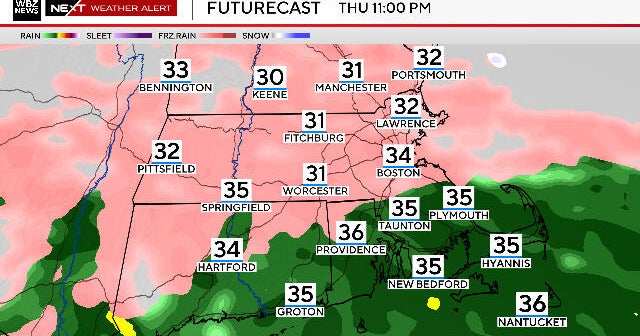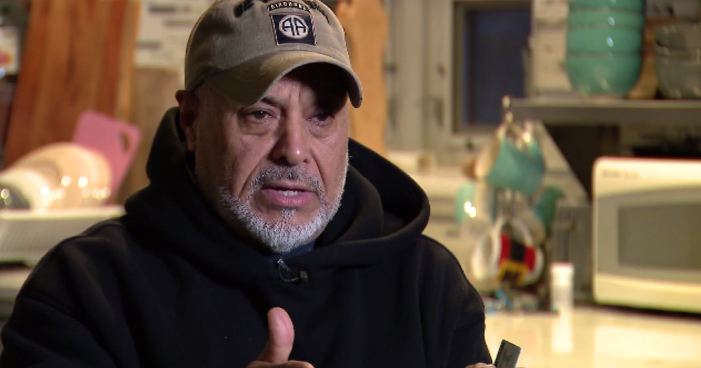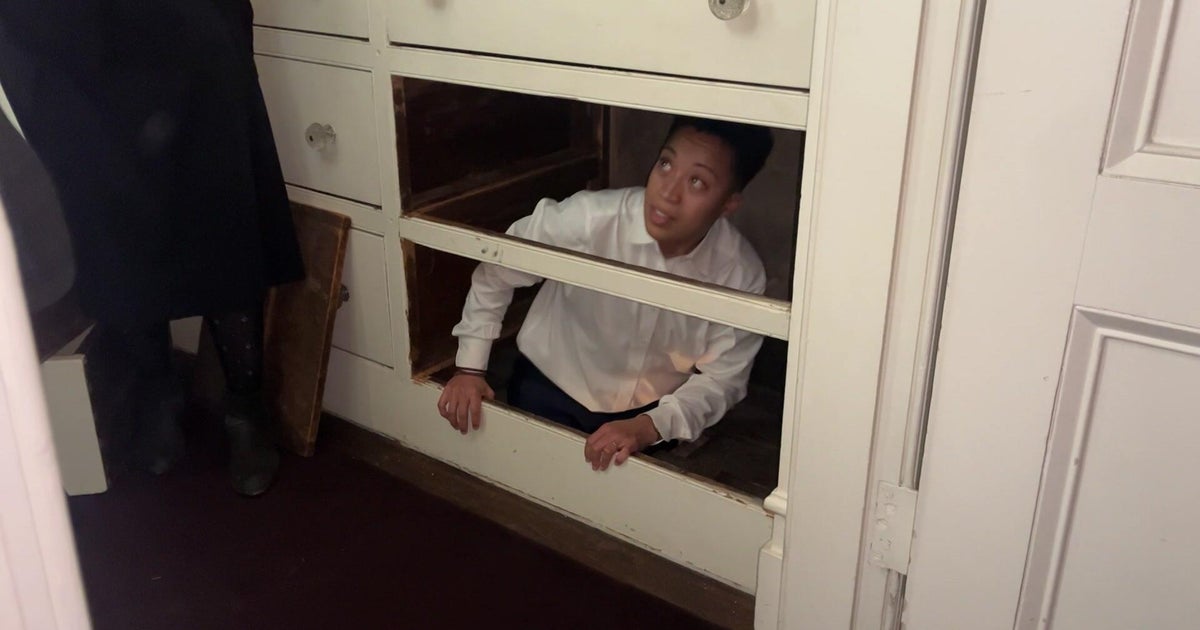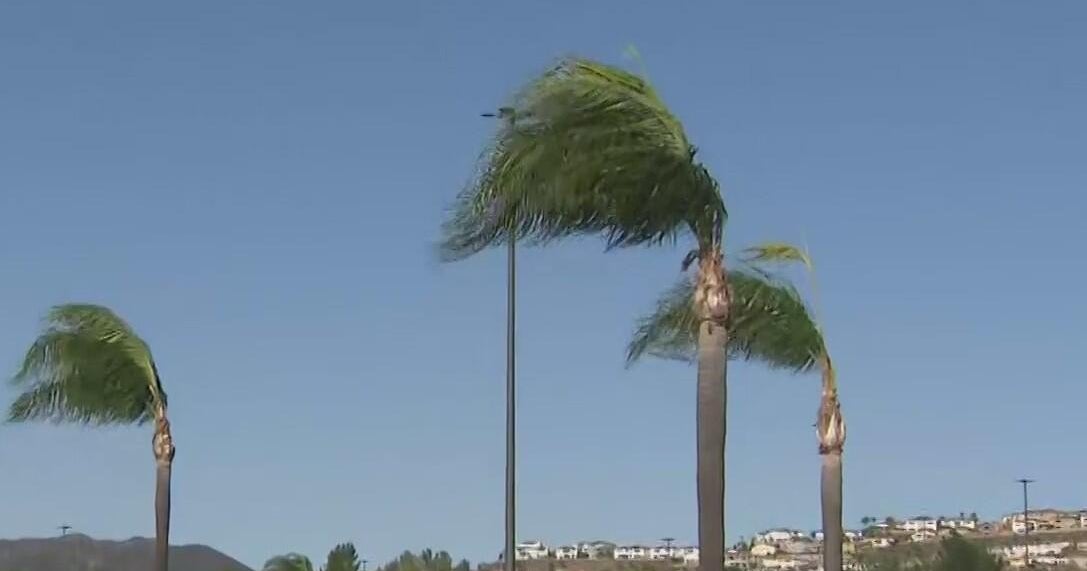Possible railroad strike already affecting some Metra lines in Chicago area on Thursday
CHICAGO (CBS) – The looming strike by freight railroad workers could have a very real impact on thousands of Chicago commuters beginning Thursday night.
CBS 2's Chris Tye learned which Metra lines will and won't be impacted because of the possible strike.
Amtrak announced it is canceling all long-distance trains starting Thursday over fears of the strike.
Metra also started to preventatively cancel trains in the Chicago area, regardless of how the contract standoff goes, starting at 8 p.m. on Thursday. These are lines that carry 80,000 Chicagoland commuters on a typical weekday.
Some, but not all, Metra trains run on tracks operated by the unions in the contract stalemate, which is why only some Metra train lines will feel the pinch.
"You have to look at who owns the lines," said Metra spokesperson Michael Gillis. "If it's a freight railroad that owns the lines … then those lines are subject to the strike."
The first lines to cease operations will be:
- Union Pacific North
- Union Pacific Northwest
- BNSF
- Union Pacific West
Service for these lines will stop Thursday between 8 p.m. and 9:30 p.m. depending on the line.
Talks are ongoing on if service can continue on:
- North Central Service
- Heritage Corridor
For riders on the North Central Service and Heritage Corridor lines, Metra said it hopes to have answers for them soon.
The lines that are not expected to feel the effects include:
- Milwaukee District North
- Metra Electric
- Rock Island
- Southwest Service
- Milwaukee District West
"People don't realize until we have a situation like this, what a patchwork system Metra is. It's not a system where we wholly own and operate 11 lines," Gillis said.
The Chicago Transit Authority said it is not adding additional trains or buses since the agency has what it calls sufficient capacity to absorb impacted displaced Metra riders.
So far, there are no plans for the CTA to honor Metra passes either.
Employers are built like never before to absorb complications like this, but for managers who want people back at their desks, it's a setback.
"It's significant for companies that are making this push to get back to the office," said Andy Challenger, senior vice president of Challenger, Gray & Christmas. "This is one more hurdle in a list of hurdles for employees to get back in."
In addition to commuters, consumers will feel the pinch too, as freight lines delivering everything from next week's dinner, to Halloween costumes may get stuck in transit, as trains stop dead in their tracks, unless a deal happens soon.
The trains being scrapped will remain suspended through the length of the contract impasse. If the two sides can't hammer out a deal, Congress could get involved to try and keep trains running.








